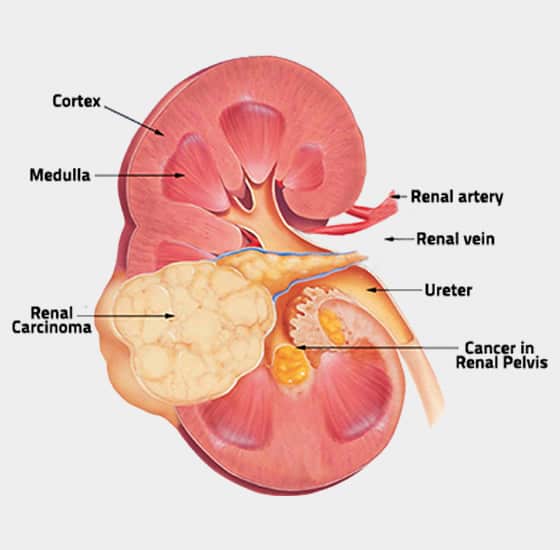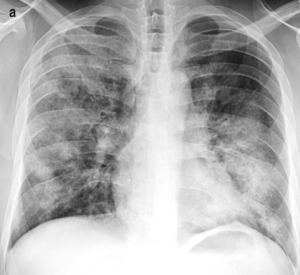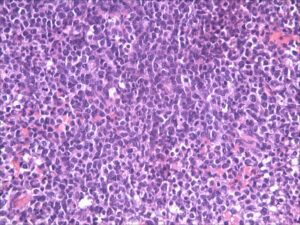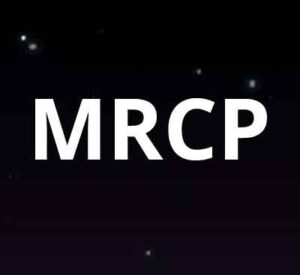Renal cancer arises when cells in the kidneys mutate and proliferate uncontrollably. Symptoms of kidney cancer include flank pain, high blood pressure, blood in the urine, and maybe more. The therapies for kidney cancer include surgery, chemotherapy, and radiation therapy. As is the case with all malignancies, early identification is essential for effective therapy.
Epidemiology
Kidney cancer accounts for 5% of all adult malignancies in males and 3% of all adult malignancies in women, making it the seventh most prevalent cancer in men and the tenth most common cancer in women. Renal cell carcinoma is more prevalent in men than in women (a ratio of two or three to one) and among smokers. Additionally, it is more prevalent in individuals with other forms of kidney problems and tends to run in certain families. In the United States, approximately 30,000 new instances of kidney cancer are attributable to renal cell carcinoma each year.
Symptoms
Symptoms frequently resemble those of less serious illnesses, including urinary tract infections (UTIs) and kidney stones.
Symptoms may consist of:
- Blood in your urine – you may notice that your urine is darker or redder than usual.
- An ongoing ache in the lower back or side, just below the ribs
- A bulge or enlargement in the side (although kidney cancer is often too small to feel)
- Extreme tiredness
- Appetite reduction and unintended weight loss
- Chronically elevated blood pressure (hypertension)
- An elevated temperature
- Night perspiration
- An enlargement of the veins in the testicles in men
- Swollen lymph nodes in the neck
- Bone pain
- Vomiting blood
When the disease is advanced and has spread to other parts of the body, such as the bones or lungs, certain of these symptoms manifest.

Risk factors
- Cigarette smoking
- Cystic disease connected to the dialysis
- Obesity
- The use of cyclophosphamide in treatment (chemotherapy agent)
- Hypertension
- Post-renal transplant
Diagnosis
- Full blood count — a blood test in which blood is drawn from the arm and sent to a lab for analysis
- CT scan – an imaging test that allows your physician to examine your kidneys in greater detail to detect any abnormal growth
- Abdominal and kidney ultrasounds – a test that utilizes sound waves to build an image of your organs, allowing your physician to examine for tumors and abnormalities in the abdomen.
- Urine examination — tests used to identify blood in the urine and analyze urine cells for indications of cancer
- Biopsy — the removal of a small piece of kidney tissue, accomplished by putting a needle into the tumor and withdrawing a tissue sample, which is subsequently sent to a pathology lab to rule out or confirm the presence of cancer.
If you are diagnosed with RCC, additional tests will be conducted to determine if and where the cancer has spread. This is known as staging. The severity of RCC progresses from stage 1 to stage 4 in ascending order. Bone scans, PET scans, and chest X-rays are all possible staging tests.
Approximately one-third of RCC patients have metastatic disease at the time of diagnosis.
Staging
The next step, if your doctor discovers a kidney lesion that may be kidney cancer, is to assess the extent (stage) of the disease. Your doctor may recommend additional CT scans or other imaging tests as part of the staging process for kidney cancer.
The stages of kidney cancer are denoted by Roman numerals ranging from I to IV, with the lower stages suggesting kidney-confined malignancy. By stage IV, the cancer is considered advanced and may have spread to lymph nodes or other organs.
Stage | Description | 5 Year Survival Rate |
I | Confined to the kidney | 81% |
II | Extend through the renal capsule, confined to Gerota’s Fascia | 74% |
III | Include the renal vein, or the hilar lymph nodes | 53% |
IV | Includes tumors that are invasive to adjacent organs (except the adrenal glands), or distant metastases | 8% |
Treatment
A variety of treatments are available for patients with renal cell carcinoma.
There are five forms of standard treatment:
Surgery
The majority of patients with early-stage kidney cancer (stages 1, 2, and 3) are curable by surgery.
Partial nephrectomy: During a partial nephrectomy, the tumor or the portion of the kidney containing the tumor is removed, leaving as much of the kidney as possible intact.
Radical nephrectomy: The entire kidney is removed during a radical nephrectomy. Additionally, adjacent tissues and lymph nodes may be removed if necessary.
- Radiation treatment
- Chemotherapy
- Immunotherapy
- Targeted treatment
In clinical trials, new types of treatment are now being evaluated.
- Renal cell cancer treatment may have adverse effects.
- Patients may wish to consider participating in a clinical trial.
- Patients may participate in clinical trials before, during, or after beginning cancer treatment.
- Additional tests may be necessary.
Nutrition
During cancer treatment, it is crucial to eat healthily for optimal nutrition. Good nutrition involves consuming sufficient calories and nutrients to prevent weight loss and regain vigor. Patients who consume a healthy diet typically feel better and have more energy.
Some individuals find it difficult to eat well during treatment. This is due to the fact that their treatment may lead them to lose their appetite or produce adverse effects such as nausea, vomiting, or mouth sores that make eating difficult. For some, food has a distinct flavor. Others may not desire food because they are uncomfortable or exhausted.
Managing Kidney Cancer
- Dealing with kidney cancer is difficult. It is essential to realize that not all patients with renal cell carcinoma have the same therapy response.
- Receiving a diagnosis of kidney cancer can cause a great deal of stress. Taking care of oneself can improve your physical and emotional health. There is also evidence that proactive actions, such as exercising and eating healthily, can promote longevity. 19
- Quitting smoking is also beneficial. Cigarette smoking is the leading cause of kidney cancer. Attempting to quit can be stressful, especially if you believe that the damage has already been done.
- However, findings indicate that quitting smoking improves survival rates for those with renal cell carcinoma with clear cells. It also reduces the likelihood of contracting and dying from another condition. 20
- Attempt to get adequate rest. Adequate rest can assist in maintaining one’s strength. As your body repairs itself during cancer therapy, you may require extra sleep. 21
- In your quest to promote health, you may be drawn to the supplement aisle of your local pharmacy. Consult your physician prior to using supplements, even if they appear to be health boosters. Numerous supplements, similar to analgesic pain drugs, are harmful to the kidneys and should be avoided.
- Some people are more private than others, and it is up to you to decide how much information about your condition to share with others. Conversations with close friends and family members can provide support and fortitude. It can also be helpful to find others who are experiencing the same issue.
- Support groups, both online and in-person, can be a helpful way to make new friends who are familiar with your situation. You can discover support groups through CanCare, the American Cancer Society, and other organizations, including your hospital or treatment center.



